RIVAMER 3mg Capsule 10’s
$17.50 Original price was: $17.50.$9.30Current price is: $9.30.
- Rivamer 3mg contains Rivastigmine, a medication used to treat mild to moderate Alzheimer’s disease and Parkinson’s disease dementia.
- It works by increasing the levels of acetylcholine, a neurotransmitter that plays a key role in memory and learning, helping to improve cognitive function and reduce symptoms related to memory loss, confusion, and behavioral changes.
- Rivamer is usually taken as part of a comprehensive treatment plan.

NHS AFFILIATED DOCTORS

FDA APPROVED PHARMACY

AFFORDABLE PRICE GURANTEE

FAST & TRUSTED DELIVERY
What is Rivamer 3mg Capsule?
Rivamer 3mg Capsule contains Rivastigmine, a cholinesterase inhibitor used to treat:
- Mild to moderate dementia associated with Alzheimer’s disease.
- Dementia related to Parkinson’s disease.
Rivastigmine works by increasing levels of a chemical messenger called acetylcholine, which is essential for memory, thinking, and reasoning. This helps improve cognitive function and slows the progression of dementia symptoms.
What are the Benefits of Using Rivamer 3mg Capsule?
- Improved Cognitive Function:
- Enhances memory, attention, and problem-solving abilities in dementia patients.
- Slows Disease Progression:
- Helps delay the worsening of symptoms in Alzheimer’s and Parkinson’s-related dementia.
- Improves Daily Functioning:
- Supports patients in performing daily activities more independently.
- Symptom Management:
- Reduces behavioral symptoms such as agitation and confusion.
How to Take Rivamer 3mg Capsule?
- Dosage:
- The recommended starting dose is typically 1.5mg twice daily, gradually increased to a maintenance dose of 3mg to 6mg twice daily, depending on tolerance and response. Always follow your doctor’s instructions.
- Administration:
- Take the capsule with or after food to reduce the risk of stomach upset.
- Swallow the capsule whole with water. Do not crush or chew.
- Missed Dose:
- If you miss a dose, skip it and take your next dose at the scheduled time. Do not double up on doses.
- Avoid Abrupt Discontinuation:
- Stopping Rivamer suddenly can worsen symptoms. Consult your doctor before discontinuing.
- Storage:
- Store in a cool, dry place, away from direct sunlight and moisture.
Strengths and Substitutes for Rivamer 3mg Capsule
Strengths:
- Rivamer 1.5mg Capsule: Lower starting dose.
- Rivamer 3mg, 4.5mg, 6mg Capsules: For maintenance doses.
Substitutes:
If Rivamer 3mg is unavailable, alternatives may include:
- Exelon Capsule (Rivastigmine)
- Rivasure Capsule (Rivastigmine)
- Rivastigmine Mylan Capsule
Always consult your doctor before switching medications.
What are the Side Effects of Rivamer 3mg Capsule?
- Common Side Effects:
- Nausea or vomiting.
- Loss of appetite.
- Dizziness or lightheadedness.
- Diarrhea or abdominal pain.
- Less Common Side Effects:
- Headache or confusion.
- Fatigue or weakness.
- Increased sweating or salivation.
- Serious but Rare Side Effects:
- Severe allergic reactions: Rash, itching, swelling, or difficulty breathing.
- Heart rhythm problems: Bradycardia (slow heart rate).
- Gastrointestinal bleeding: Black or tarry stools, vomiting blood.
Safety Advice for Rivamer 3mg Capsule
- Pregnancy and Breastfeeding:
- Not recommended during pregnancy or breastfeeding unless absolutely necessary. Consult your doctor.
- Driving and Machinery:
- Rivamer may cause dizziness or drowsiness. Avoid driving or operating heavy machinery until you know how it affects you.
- Alcohol:
- Avoid alcohol, as it can increase the risk of side effects and worsen dementia symptoms.
- Other Medical Conditions:
- Inform your doctor if you have a history of liver or kidney disease, heart problems, asthma, or gastrointestinal ulcers.
- Drug Interactions:
- Avoid using Rivamer with other cholinesterase inhibitors or medications that slow heart rate (e.g., beta-blockers) unless advised by your doctor.
- Dietary Considerations:
- Taking Rivamer with meals can minimize gastrointestinal side effects.
FAQs on Rivamer 3mg Capsule
1. How long does Rivamer take to work?
- It may take several weeks to notice improvement in cognitive function or behavioral symptoms.
2. Can Rivamer cure Alzheimer’s disease?
- No, Rivamer does not cure Alzheimer’s but helps manage symptoms and slow disease progression.
3. What should I do if I experience severe nausea or vomiting?
- Contact your doctor immediately. Dose adjustments or anti-nausea medications may be required.
4. Can children take Rivamer 3mg Capsule?
- Rivamer is not recommended for use in children.
5. Is Rivamer safe for long-term use?
- Yes, Rivamer can be used long-term under medical supervision. Regular check-ups are essential to monitor for side effects.
6. Can Rivamer be taken with other dementia medications?
- It can be used in combination with other medications, such as memantine, under your doctor’s guidance.
7. What happens if I stop taking Rivamer?
- Stopping Rivamer abruptly may worsen dementia symptoms. Consult your doctor before discontinuing.
8. Does Rivamer affect weight?
- Rivamer may cause weight loss due to decreased appetite. Inform your doctor if you notice significant changes in weight.
9. How does Rivamer compare to donepezil (another dementia medication)?
- Both are cholinesterase inhibitors, but their effectiveness and side effects may vary. Your doctor will choose the best option based on your condition.
10 reviews for RIVAMER 3mg Capsule 10’s
Add a review Cancel reply
Related products
Uncategorized
Uncategorized
Uncategorized
Uncategorized
Uncategorized
Uncategorized
Uncategorized
Uncategorized


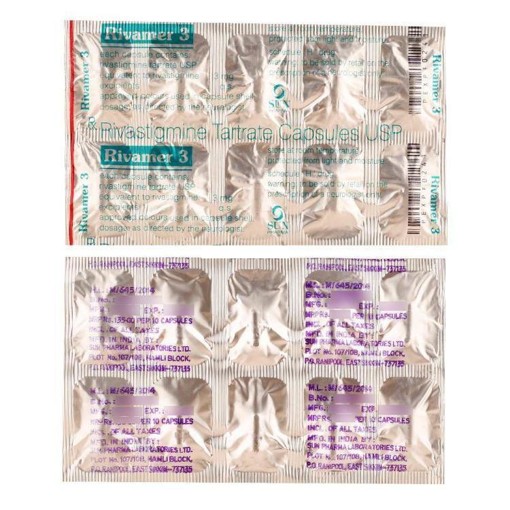



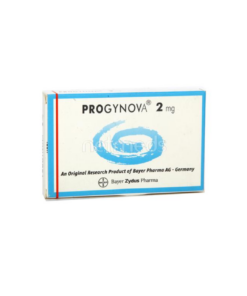
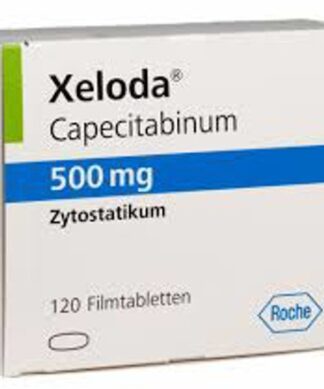

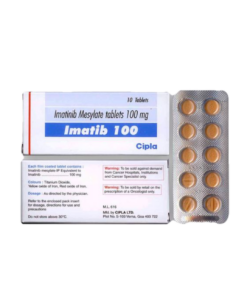


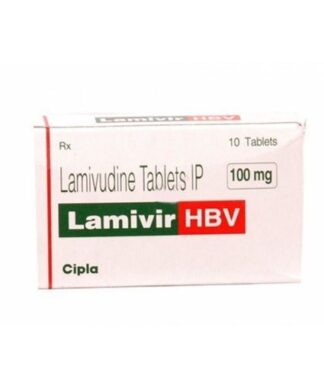
Patrick –
Good service.
Kai –
Great service by Aryucare , products and packing is good, shipping is fast
Nolan –
Very fast delivery.
Paul –
Great service by Aryucare , products and packing is good, shipping is fast
John –
Good service.
Paul –
Very well worth the money.
Alan –
Great service by Aryucare , products and packing is good, shipping is fast
Mateo –
Very fast delivery.
Hayden –
Good quality.
William –
Great service by Aryucare , products and packing is good, shipping is fast